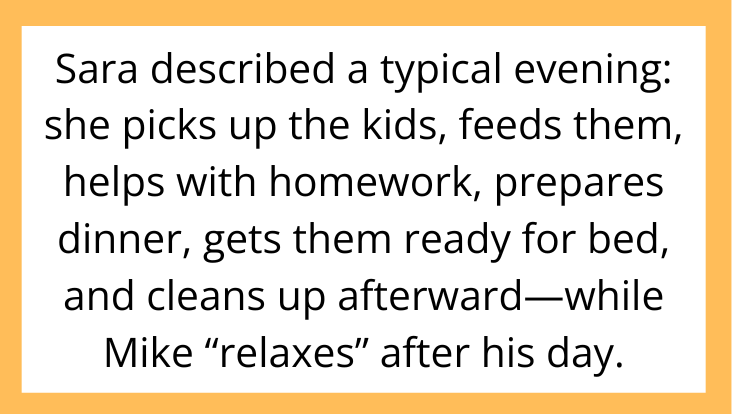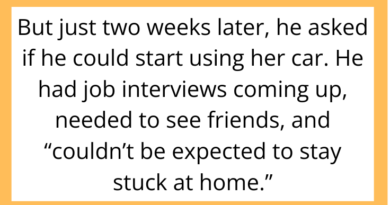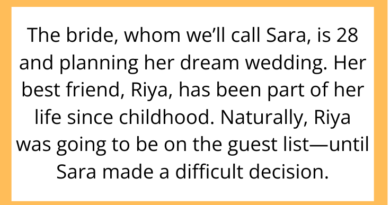AITAH for Telling My Husband I’m Not Cooking Dinner Anymore Unless He Helps With the Kids?
Balancing marriage, parenting, and household responsibilities is no easy feat—especially when expectations aren’t aligned. In today’s AITAH-inspired story, a mom’s refusal to keep playing the role of solo chef and caregiver sparks a major marital standoff.
Did she draw a fair boundary, or is she punishing her partner for something deeper?
The Backstory: A One-Woman Show

The original Reddit post comes from a 34-year-old mom—we’ll call her Sara—who works full-time, raises two kids under 6, and manages almost every aspect of the household. Her husband, Mike, also works full-time but clocks out the moment he steps in the door.
Sara described a typical evening: she picks up the kids, feeds them, helps with homework, prepares dinner, gets them ready for bed, and cleans up afterward—while Mike “relaxes” after his day.
One night, completely exhausted, Sara told him: “I’m not cooking dinner anymore unless you help with the kids. I can’t keep doing this alone.”
Mike didn’t take it well.
The Argument: “It’s Just Dinner”
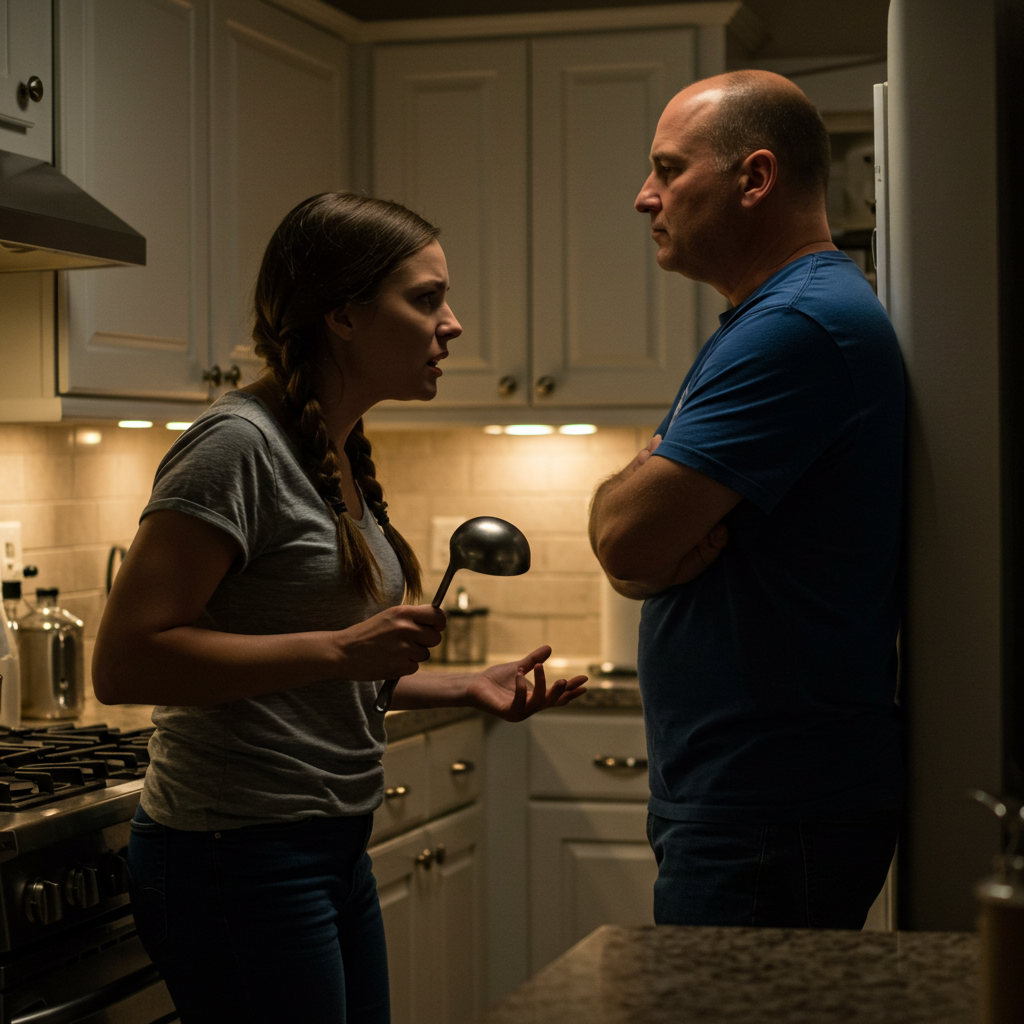
According to Sara, Mike accused her of “weaponizing” dinner and claimed she was being overly dramatic. He argued that cooking takes 30 minutes and she was “blowing things out of proportion.”
He insisted that his workday was stressful too and that evenings were his time to decompress. Sara countered that she also works and doesn’t get to rest—because the kids and house need her nonstop.
The tension boiled over when Mike told her, “If you’re going to hold dinner hostage, don’t expect me to keep doing the yard and car stuff either.”
Sara turned to Reddit to ask: AITAH for telling my husband I’m not making dinner anymore unless he starts helping with the kids?
Shared Responsibility vs. Traditional Roles

The Case for Sara: Burnout Isn’t a Badge of Honor
Sara’s frustration is understandable. She isn’t saying she’ll never cook again—she’s saying the division of labor at home isn’t fair, and dinner is where she’s drawing the line.
She’s managing a full-time job and a second shift at home with no support. Her message isn’t about punishment—it’s about partnership.
The Case for Mike: Unmet Expectations
Some might say Mike’s reaction reveals an expectation that dinner is “her job.” He may believe they’ve fallen into a traditional routine, and changing that feels like a breach of unspoken agreement.
But a modern partnership isn’t about tradition—it’s about balance, especially when both partners work outside the home.
Reddit’s Take: Team Sara, Mostly

Most commenters firmly took Sara’s side.
“Cooking dinner isn’t the issue here,” one top commenter wrote. “It’s about the mental and physical load of parenting. You’re not a housekeeper with benefits.”
Another pointed out the deeper issue: “You asked for help, not a trade. He’s treating household chores like transactions, not shared responsibility.”
Still, a few suggested clearer communication could’ve helped: “Maybe this should’ve been a calm conversation, not a last-straw outburst.”
The Invisible Load: Why This Story Resonates
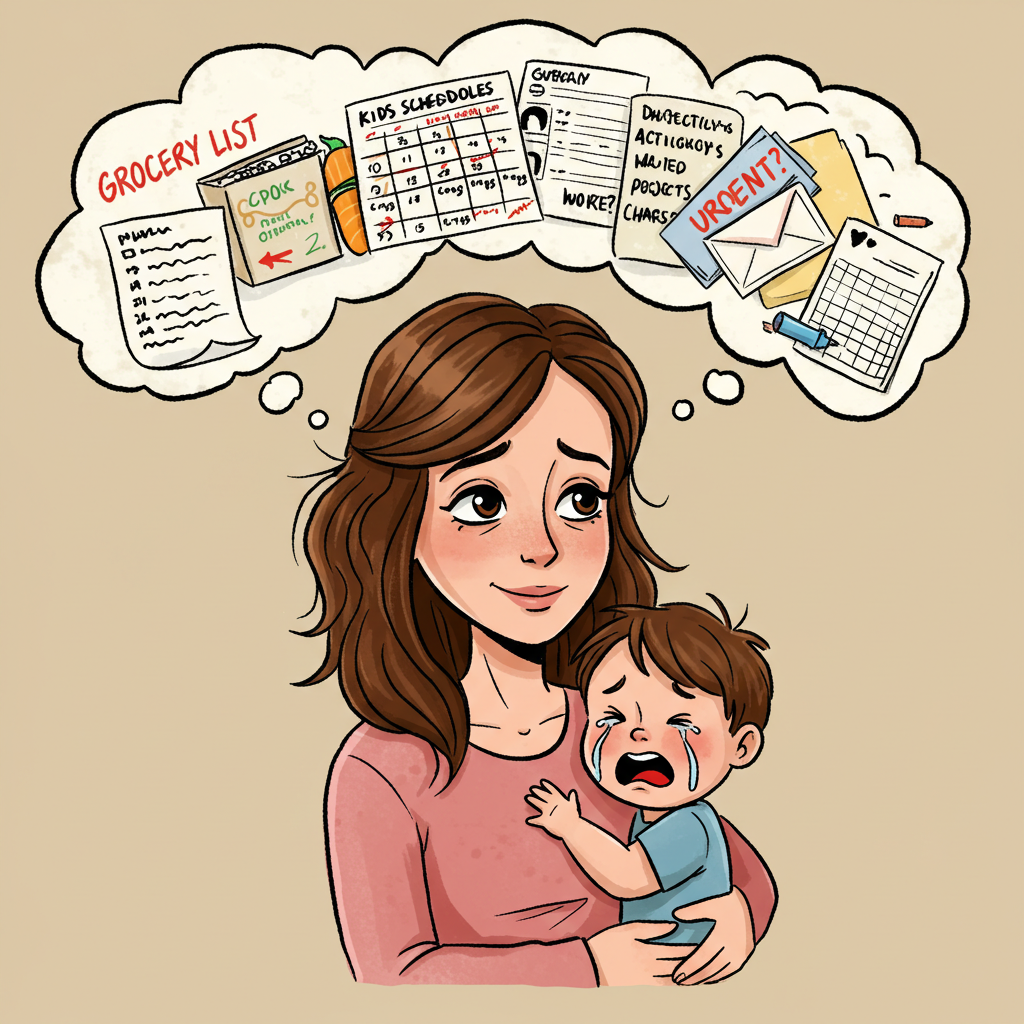
Sara’s story isn’t just about dinner—it’s about the invisible labor many women take on. Mental lists, emotional energy, and constant multitasking don’t show up on to-do lists, but they’re exhausting.
In heterosexual relationships, research shows women often carry more of the domestic and childcare responsibilities—even when both partners work full-time. This imbalance leads to resentment, burnout, and eventual blowups like Sara’s.
Moving Forward: How to Rebalance the Load

What Sara Can Do:
-
Reframe the issue as a partnership imbalance, not a punishment.
-
Request a sit-down to divide evening tasks fairly.
-
Make a written plan if needed: dinner prep, bath time, bedtime stories, etc.
What Mike Needs to Understand:
-
Emotional and domestic labor matter—even if it’s not visible.
-
Parenting doesn’t stop when the workday ends.
-
“Helping” with the kids isn’t optional—it’s parenting.
A fair and happy home life isn’t about doing 50/50 all the time—but both partners should feel supported and seen.
The Verdict: Not the Villain

Sara isn’t a villain—she’s a woman at her limit, asking for help in the only way that finally got her husband’s attention. Drawing a boundary isn’t cruel—it’s self-preservation.
But communication is key. The real fix isn’t cooking or not cooking—it’s both partners acknowledging the problem and committing to a better, more balanced future.
